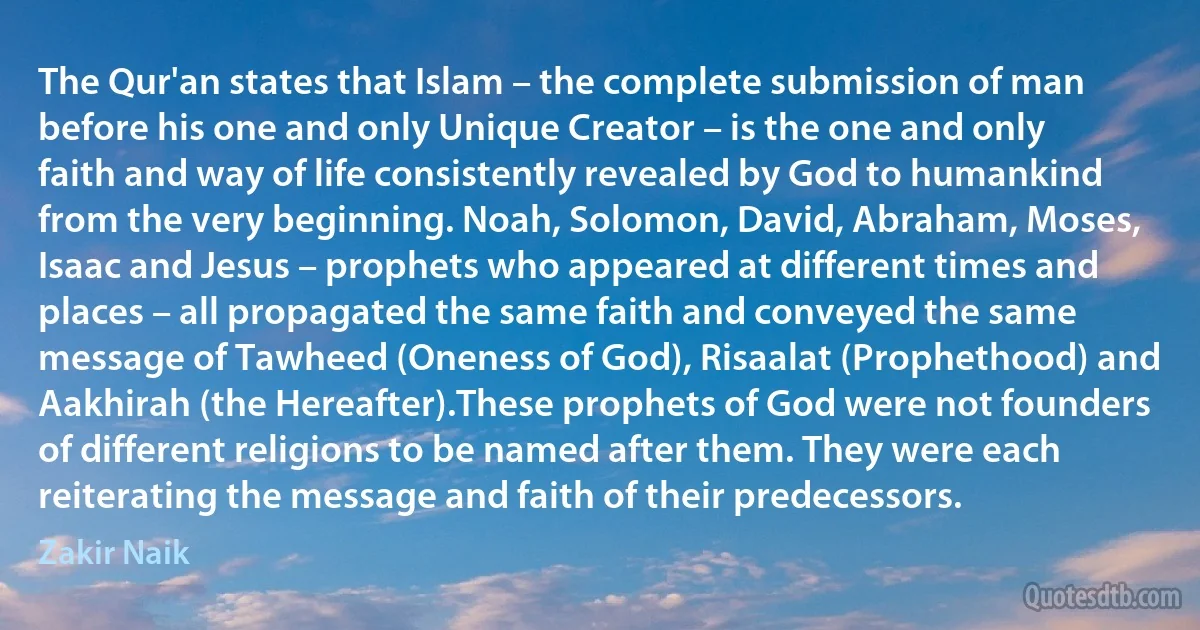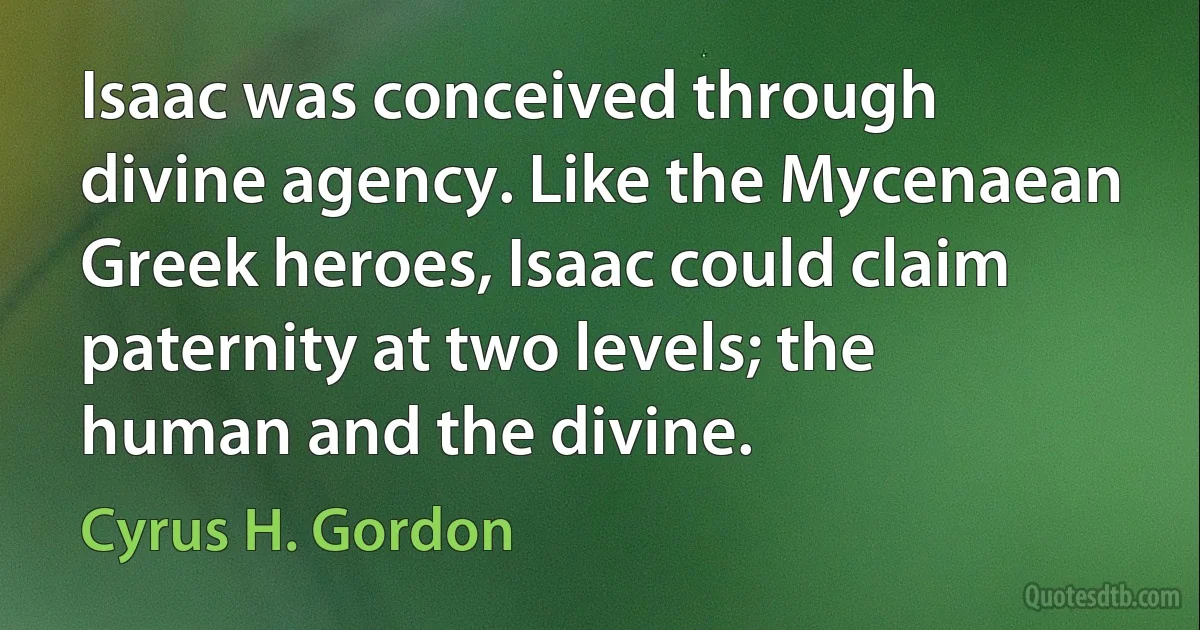Isaac Quotes - page 2
During my controlled near-death experiences, I've met Sir Isaac Newton, who died back in 1727 as often as I've met Saint Peter. They both hang out at the Heaven end of the blue tunnel of the Afterlife. Saint Peter is there because it's his job. Sir Isaac is there because of his insatiable curiosity about what the blue tunnel is, how the blue tunnel works.
It isn't enough for Newton that during his eighty-five years on Earth he invented calculus, codified and quantified the laws of gravity, motion and optics, and designed the first reflecting telescope. He can't forgive himself for having left it to Darwin to come up with the theory of evolution, to Pasteur to come up with the germ theory, and to Albert Einstein to come up with relativity. "I must have been deaf, dumb, and blind not to have come up with those myself,” he said to me. "What could have been more obvious?”.

Kurt Vonnegut
Billy coughed when the door was opened, and when he coughed he shit thin gruel. This was in accordance with the Third Law of Motion according to Sir Isaac Newton. This law tells us that for each reaction there is a reaction which is equal and opposite in direction. This can be useful in rocketry.

Kurt Vonnegut
... Sir Isaac Newton, the subject of this cake, is in every Englishman's wallet... he's on the English one-pound note. I always carry one on me for good luck. A man who discovered gravity and thus successfully secured our feet on the ground is a good companion. In fixing us to the earth, he enabled us -- with equanimity -- to permit our heads to remain in the clouds.

Peter Greenaway
You would have to ask a physicist really but I think understanding fundamental problems in physics is very important because they are part of our culture. You just never know what is going to come from it. If you had told Isaac Newton about spaceships and satellites that arise from his laws of gravity, it would have been science fiction to him.

Venkatraman Ramakrishnan
Isaac Newton's Philosophae Naturalis Principia Mathematica abstracted time from events, establishing its tractability to scientific calculation. Conceived as pure, absolute duration, without qualities, it conforms perfectly to its mathematical idealization (as the real number line). Since time is already pure, its reality indistinguishable from its formalization, a pure mathematics of change – the calculus – can be applied to physical reality without obstruction. The calculus can exactly describe things as they occur in themselves, without straying, even infinitesimally, from the rigorous dictates of formal intelligence. In this way natural philosophy becomes modern science.

Nick Land
There's something I prefer not saying, I will say this. I'm a believer in the God of Abraham, Isaac and Jacob. I believe the seventh-day Sabbath is God's way. I believe we should eat kosher. I was invited to a party night before last. Rod Stewart's. I didn't go, because I open the Sabbath on Friday.

Little Richard
Frederick W. Taylor was the first man in recorded history who deemed work deserving of systematic observation and study. On Taylor's 'scientific management' rests, above all, the tremendous surge of affluence in the last seventy-five years which has lifted the working masses in the developed countries well above any level recorded before, even for the well-to-do. Taylor, though the Isaac Newton (or perhaps the Archimedes) of the science of work, laid only first foundations, however. Not much has been added to them since – even though he has been dead all of sixty years.

Peter Drucker
When Sir A. Fountaine was at Berlin with Leibnitz in 1701, and at supper with the Queen of Prussia, she asked Leibnitz his opinion of Sir Isaac Newton. Leibnitz said that taking mathematicians from the beginning of the world to the time when Sir Isaac lived, what he had done was much the better half; and added that he had consulted all the learned in Europe upon some difficult points without having any satisfaction, and that when he applied to Sir Isaac, he wrote him in answer by the first post, to do so and so, and then he would find it.

Gottfried Leibniz
Revelation can be supplemented by reason. Christ Himself gave reasons for His belief, and put in modern form, these reasons are, to my mind, conclusive. You remember the passage in the earliest Gospel: "But as touching the dead, that they are raised; have ye not read in the book of Moses, in the place concerning the bush, how God spake unto him, saying, I am the God of Abraham, and the God of Isaac, and the God of Jacob? He is not the God of the dead, but of the living: ye do greatly err" (Mark xii, 26 R. V.) Herein, in a form adapted to Jewish thought is "the one great argument which has made most sincere believers in God believers in Immortality also.

Ernest Barnes
Isaac Newton deserves to be included in a series of companions to major philosophers even though he was not a philosopher in the sense in which Descartes, Locke, and Kant were philosophers. That is, Newton made no direct contributions to epistemology or metaphysics that would warrant his inclusion in the standard list of major philosophers of the seventeenth and eighteenth centuries – Descartes, Spinoza, Locke, Leibniz, Berkeley, Hume, and Kant – or even in a list of other significant philosophers of the era – Bacon, Hobbes, Arnauld, Malebranche, Wolff, and Reid. The contributions to knowledge that made Newton a dominant figure of the last millennium were to science, not to philosophy.

I. Bernard Cohen
My name is Bruce Feiler, and I'm an explainaholic. I first heard this word used to describe Isaac Asimov, and I knew instantly that I suffered from the same condition. It's the incurable desire to tell, shape, share, occasionally exaggerate, often elongate, and inevitably bungle a good story.

Bruce Feiler
I remember from my school days Archimedes jumping into his bath and displacing water and coming up with his famous principle, and of course Isaac Newton being hit on the head with an apple. In other words, this realm of human knowledge - which is mathematical, essentially - can have a playful visual element to it.

James Marsh



